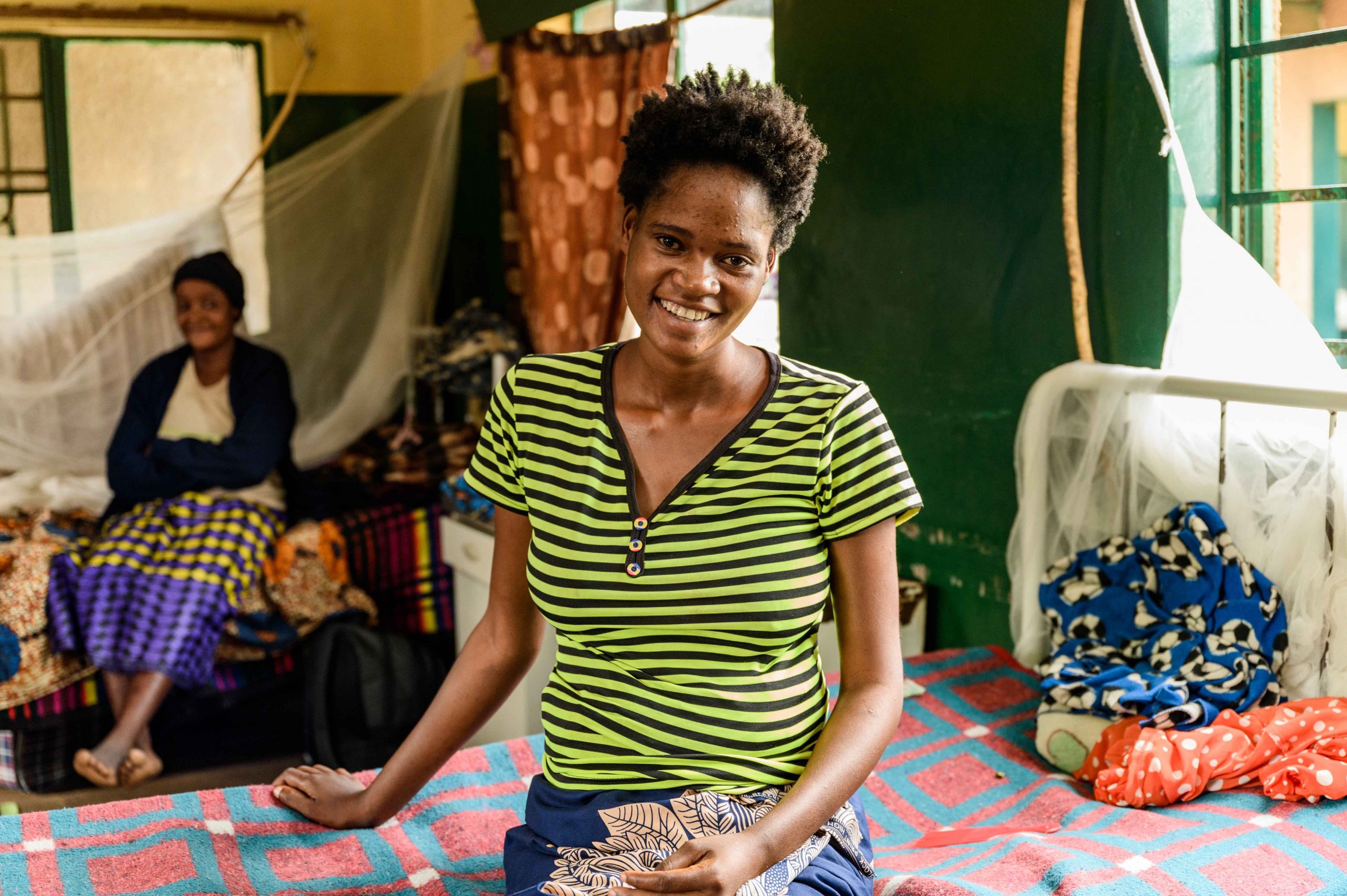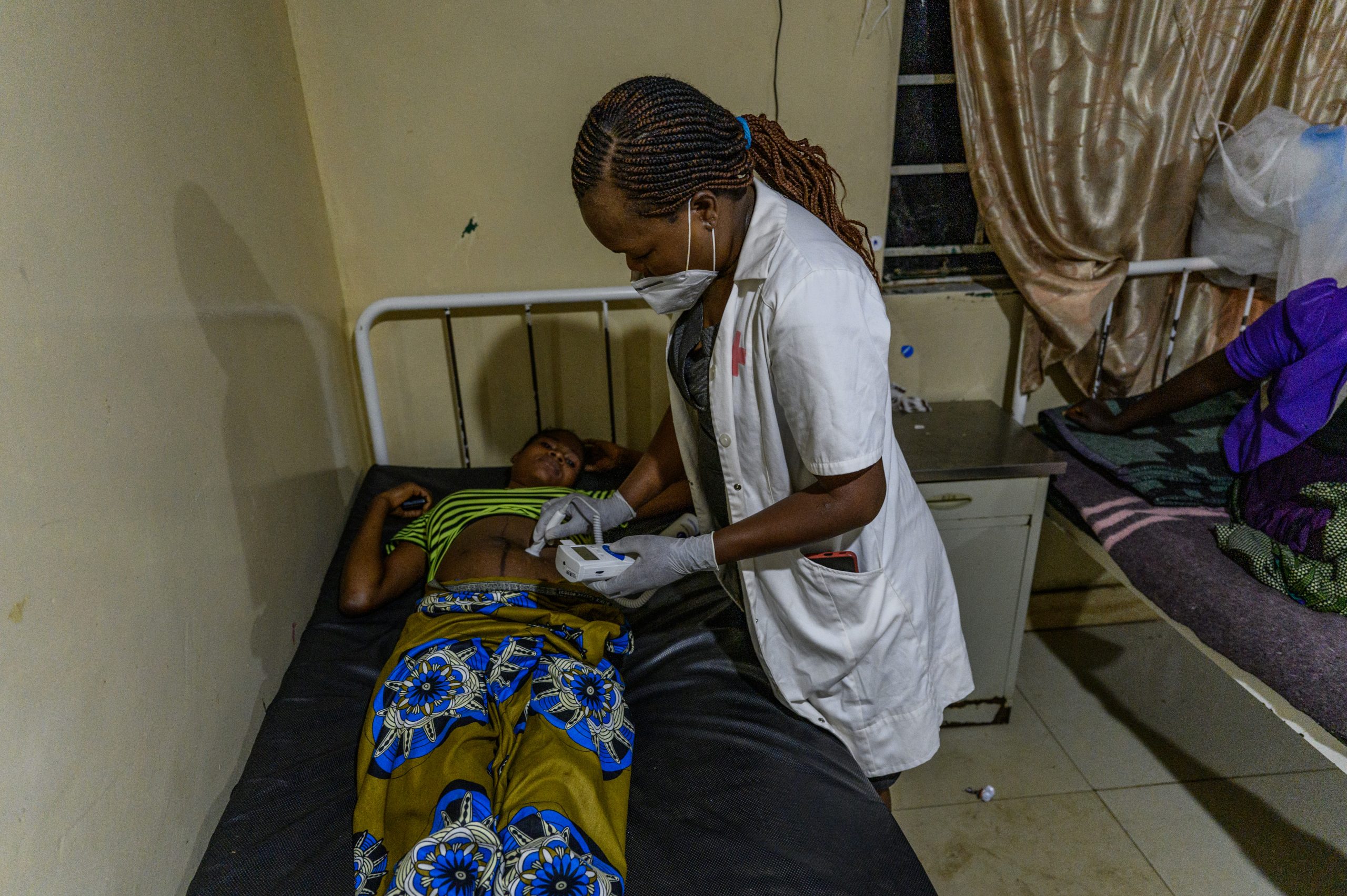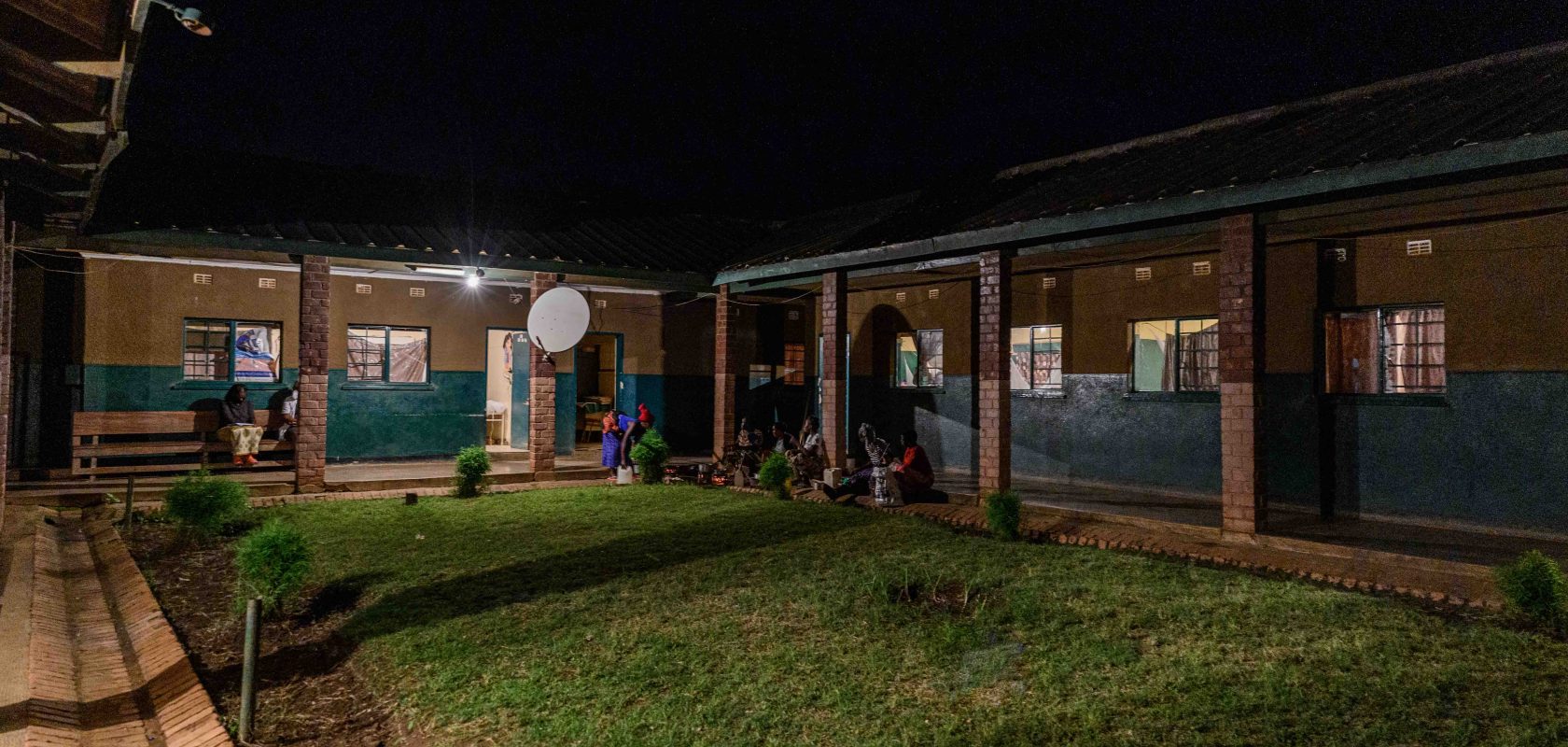
“During my first pregnancy I had to come with a torch for delivery in the event that the electricity went, now I no longer have to worry about that because the solar lighting is sufficient. It was hard for the medical attendants to see properly during the delivery with a torch.”
Olivia Chivita lives in Katatala village, 8 kilometres from Chipembi Rural Health clinic located in Central province of Zambia. Like most rural clinics in Zambia, Chipembi is lacking access to stable electricity. A few months ago, SolarAid installed solar home systems to light up the clinic, as well as solar rechargeable medical equipment such as a pulse oximeters, foetal dopplers and infrared thermometers.

Due to the long walking distances, expecting mothers in the area are advised to make their way to the health facility a few weeks before their estimated date of delivery. However in Olivia’s case, she faced a complication and was admitted to the rural health facility earlier than usual. The health facility staff then advised her to stay for closer observation in the event that she needed to be attended to immediately.
This is Olivia’s second pregnancy and she describes how different it has been. This was the first time a foetal doppler was being used on me. On the first pregnancy the nurse used a foetal scope, and on my current pregnancy they used a foetal doppler.”
“I prefer the foetal doppler because with the foetal scope I was unable to hear if my baby was breathing. Now I can hear my baby and it makes me very happy.”
No health clinic should be in the dark. Together we can End the Darkness.
